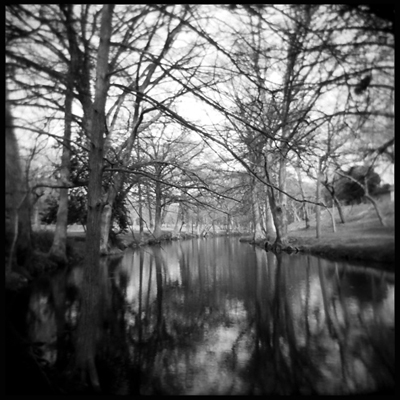 My mother’s dollhouse has become a constant reminder of something—what?—in the time we spend with her, if it could be said to be spent. At eighty-nine she remembers very little. She does not so much talk as chime, like a clock with a surreal burden: Do we have anything to eat for dinner? Yes, chicken. Do we have anything to eat for dinner? Yes, chicken. For dinner? Yes yes, chicken. Do we have anything. Yes. There’s something we have.
My mother’s dollhouse has become a constant reminder of something—what?—in the time we spend with her, if it could be said to be spent. At eighty-nine she remembers very little. She does not so much talk as chime, like a clock with a surreal burden: Do we have anything to eat for dinner? Yes, chicken. Do we have anything to eat for dinner? Yes, chicken. For dinner? Yes yes, chicken. Do we have anything. Yes. There’s something we have.
This however explains nothing about the dollhouse, which I bought her thirty-odd years ago, though she has no idea anymore that that’s true. It’s a nonce fact from the haze of our family, the kind that only one of us knows, and therefore no one does. She wanted a dollhouse badly though I don’t recall how I knew that; she has always been an amazingly taciturn woman. Though my son is twelve and disgusted by all things girly, before we come my mother guards against him by wrapping a bungee-cord all the way round the dollhouse. My mother’s decor—Victorian, with teeny candelabra, petit point chairs, a grandfather clock with real brass—reflects a taste as far from her own house as the regal Victoria would be from one of our own lewd and ineptly corrupt politicos, an Ensign or a Sanford. My parents’ house in northern New Jersey screams 1970s: flocked wallpaper, shag carpet made of burnt orange, avocado and brown twists—a sea floating the island of gold floral couch.
Is the dollhouse the home she always wanted, I wonder, and if so, why has she chosen so capriciously not to have it? My father wouldn’t really care if she switched to delicate petit point and hardwood floors, though he might find it weird. It may be the alchemy of family, where the dollhouse forms a philosopher’s stone and we an intransmutable lead. It may be the good home can only be small, small enough for fingers to glue whatever breaks, for survival to be as simple as bungee cord.
Once when my son was a toddler (and my mother had her mind still), he opened the dollhouse doors. My mother caught a glimpse from the kitchen, above the semi-basement room where she keeps her dollhouse. She screamed for him to stop, and rushed so fast and so careless she sprawled down the stairs. At the age of eighty, she splayed moaning on the floor in front of the double doors of the dollhouse, looking in, presumably, at waxed wood, at a nickel-sized clock face, its minute and hour still glued where the maker chose.
My father began screaming. At me, my brother, my husband, my son.
He grabbed my mother by the arms and began dragging her, to where. Who knows.
“Don’t move her,” said my brother. “She could’ve broken her back.”
At which my father dropped my mother and turned on him.
“Don’t tell me what to do!”
I recall this in somewhat nonsensical fragments: my brother told my father to stop being a bully, my dad yelled, “I am a bully,” waving a fist. I’m not sure how this related to or was intended to help my mother, lying on the floor with her dreams of Victorian respectability, kitchens without food, nursery without children, so close it must have been larger than life. I grabbed my baby and rushed him upstairs, in case things got any worse. My mother, it turned out, had only a few bruises.
It’s sad, though my parents love my son, as the saying goes, as much as they can love him, and who am I anyway to point fingers? I have my things. My excellent Swiss Army knife that comes with a teeny flashlight, my cell phone, a few pieces of art I would rather not have Nerf darts hanging from.
It’s sad in a larger way, dark and liquid, like hooded eyes, or the sky at a certain hour, or evolution. We know, from chimps and Caledonian crows who scoop insects with formed twigs, from the memory and expectation of cats and dogs, the paintings of orangutans, we share most if not all of what we are. Tool use, thought, beauty. Yet who whips their young from their doodads and facsimiles? Lies in the past, face-in? I have seen my mother in the kitchen miming putting on the kettle, absent water. Homey, concrete, here, empty.
—
Susanne Antonetta is the pen name for Suzanne Paola, who is perhaps best known as the author of Body Toxic: An Environmental Memoir. In 2001, Body Toxic received recognition as a ‘Notable Book’ from the New York Times and made Amazon.com’s list of top ten memoirs.
Photo by Kristin L. Ware
